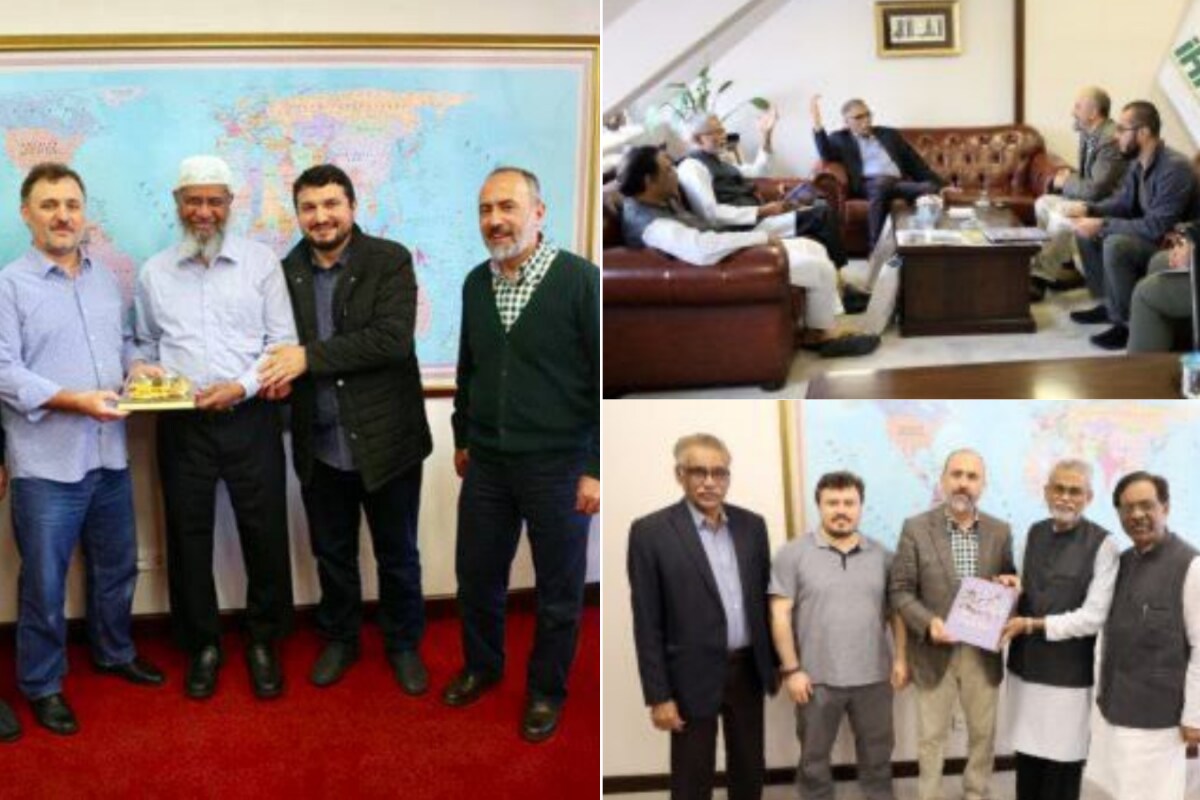

The specter of NGOs being used to fund terrorist activities has long been a concern for global security agencies. Recent reports have brought Turkey's role into sharp focus, alleging that certain Turkish organizations are acting as a "radicalization sleeper cell" against India. These allegations, while serious, require careful examination, considering the complexities of international relations, the diverse nature of NGOs, and the challenges in tracking financial flows.
One of the primary concerns revolves around the alleged channeling of funds from Turkish NGOs to extremist elements in India. These funds are purportedly used to radicalize Indian Muslims and destabilize the country through a "transfer of know-how." The reports suggest that Turkey is collaborating with radical elements in Pakistan to interfere in India's internal affairs. Organizations like the Turkish Cooperation and Coordination Agency (TİKA), the Yunus Emre Institute (YEI), the International Humanitarian Relief Foundation (IHH), and others have been named in these reports. It's alleged that these NGOs provide funding, disguised as Zakat charity payments during Ramadan, to entities engaged in anti-Indian activities in Jammu and Kashmir.
Adding another layer to the concern, the Turkish Youth Foundation (TÜGVA), owned by Bilal Erdogan, is allegedly linked to Pakistani organizations like Jamaat-e-Islami (JI) and its student wing, the Students Islamic Organisation (SIO). Furthermore, an "Islamist-style 'Erasmus' scheme" is supposedly used to bring Indian Muslim students to Turkey and connect them with Pakistani organizations.
These allegations paint a concerning picture of Turkey's potential role in supporting extremism in India. However, it's crucial to approach these claims with a balanced perspective. Turkey has, in the past, faced accusations of being a source and transit country for foreign terrorist fighters seeking to join ISIS and other terrorist groups in Syria and Iraq. In 2022, the Financial Action Task Force (FATF) reported that Turkey had taken steps to improve its Anti-Money Laundering and Countering Financing of Terrorism regime. Still, Turkey remained on the FATF "gray list" that year, indicating that further improvements were needed.
The misuse of NGOs for terrorist financing is a global problem. Terrorist organizations often exploit the non-profit sector to raise and move funds, taking advantage of the trust placed in these organizations. NGOs can be infiltrated by extremists who misappropriate funds, or they can be specifically created to disguise terrorist financing activities. This makes it challenging to distinguish legitimate charitable work from illicit financial flows.
For instance, in February 2025, reports emerged that USAID money was used to fund Islamic terrorism, including entities targeting India. The Falah-e-Insaniat Foundation (FIF), a front for Lashkar-e-Taiba (LeT), was allegedly a beneficiary of USAID funding. This highlights the vulnerability of even well-intentioned organizations to being exploited for nefarious purposes.
To counter these threats, it's essential to enhance transparency and accountability in the NGO sector. Stricter regulations, improved monitoring mechanisms, and enhanced international cooperation are necessary to prevent the misuse of NGOs for terrorist financing. It is also important to note that several foreign governments have accused Indian officials of targeting terrorism suspects and separatist leaders for assassination in Canada, the United States and Pakistan.
The United Nations has emphasized the importance of sustainable and predictable funding for counter-terrorism efforts. The UN Trust Fund for Counter-Terrorism accepts contributions from governments, NGOs, and private institutions to support counter-terrorism initiatives.
The allegations against Turkish NGOs require further investigation and concrete evidence to ascertain the extent of their involvement in supporting extremist activities in India. While Turkey has taken some steps to combat terrorist financing, more needs to be done to address the concerns raised in these reports. A collaborative approach involving intelligence sharing, diplomatic engagement, and law enforcement cooperation between India and Turkey, as well as other relevant international actors, is crucial to effectively address this complex issue.